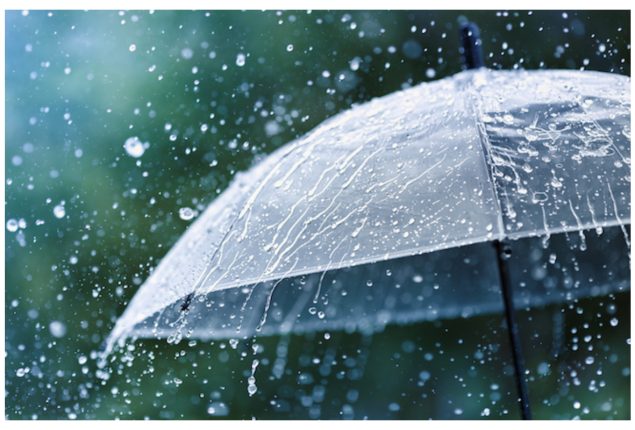Substantial Rainfall Anticipated in July 2024


Karachi Rain Forecast: Substantial Rainfall Anticipated in July 2024
- NDMA predicts varied rainfall patterns across Pakistan for July.
- Karachi will see 25 to 35 millimeters of rain in the third week of July.
- NDMA advises against driving or walking through waterlogged areas.
The National Disaster Management Authority (NDMA) has unveiled its monsoon forecast for July, predicting varied rainfall patterns across Pakistan. According to the forecast, central and northern Punjab, along with southern Sindh, are expected to experience above-normal rainfall this month.
Rainfall Predictions for Sindh
In Sindh, specific districts including Mirpurkhas, Karachi, Hyderabad, Nawabshah, Larkana, and Sukkur are likely to receive between 30 to 75 millimeters of rainfall throughout July. Notably, these areas are expected to see heavy to very heavy rainfall during the second and fourth weeks of the month.
Detailed Rainfall Forecast for Karachi
For Karachi, the forecast indicates significant rainfall projections:
- First week of July: around 50 millimeters
- Second week: 75 millimeters
- Third week: 25 to 35 millimeters
- End of the month: 45 to 75 millimeters
Due to these anticipated rainfall amounts, the NDMA has cautioned about potential flooding risks in Karachi.
Also Read
Safety Precautions Advised
In light of the forecast, the NDMA has issued crucial safety advice for residents, urging them to take precautionary measures. Key recommendations include:
- Avoiding contact with electric poles and unstable infrastructure.
- Refraining from driving or walking through waterlogged areas.
By adhering to these safety measures, residents can minimize risks and stay safe during the monsoon season.
Source link
